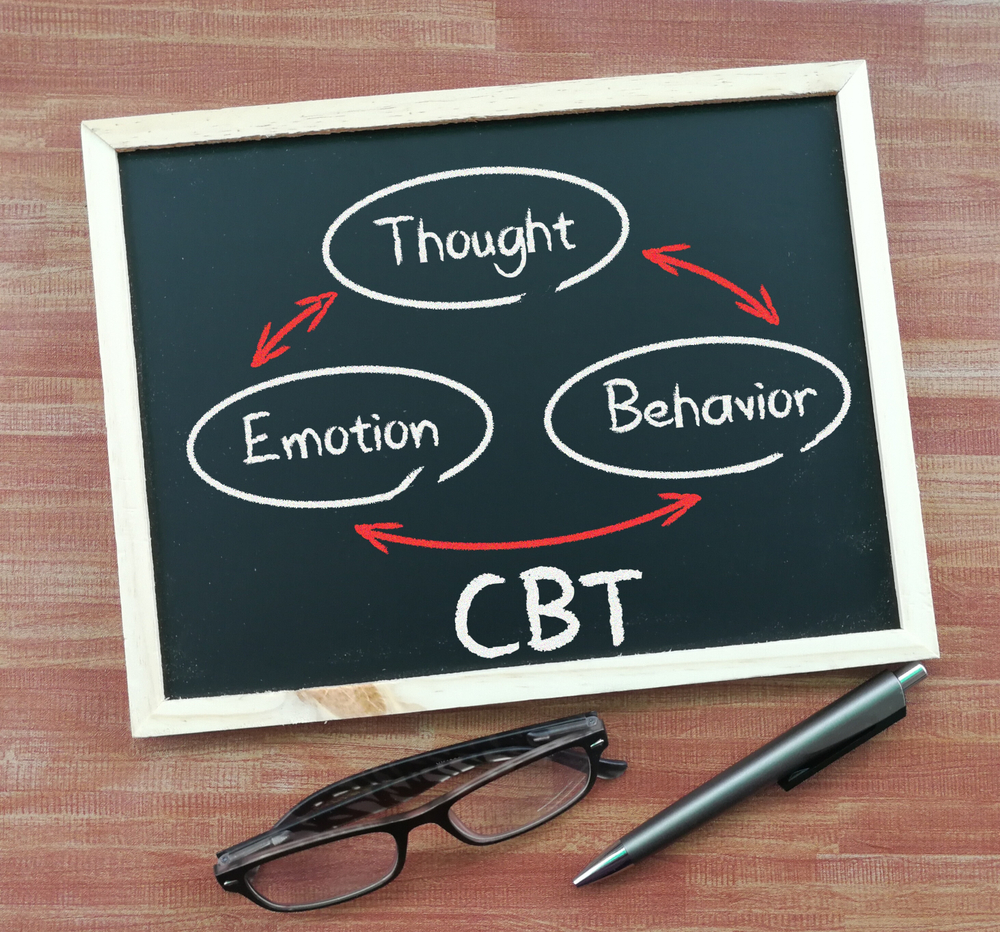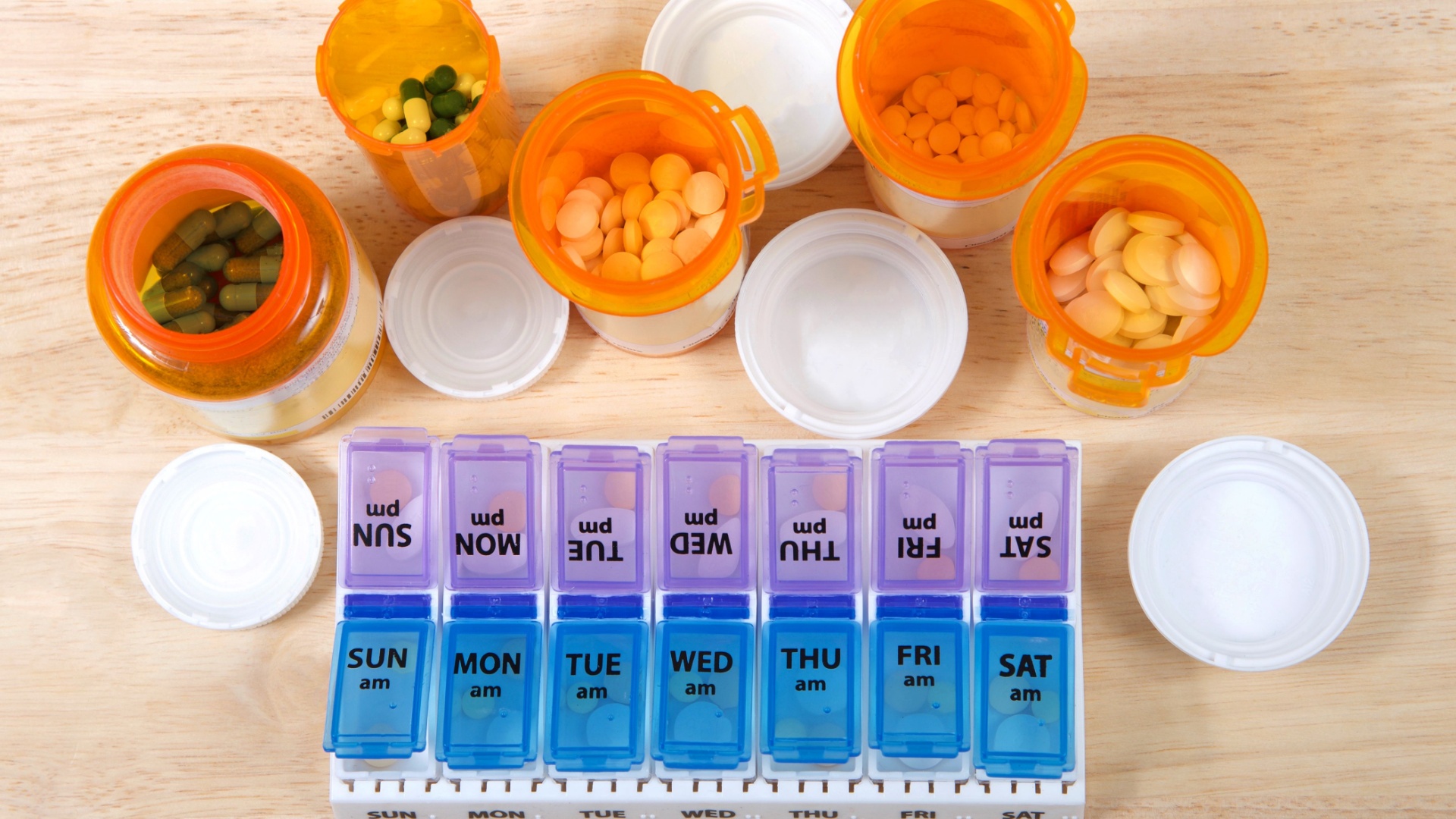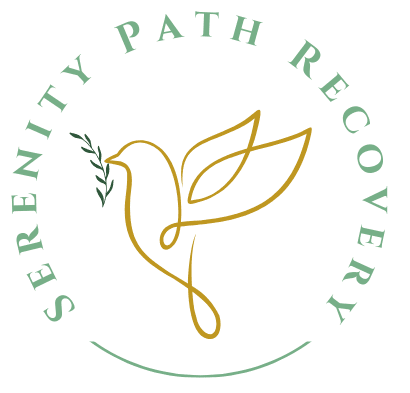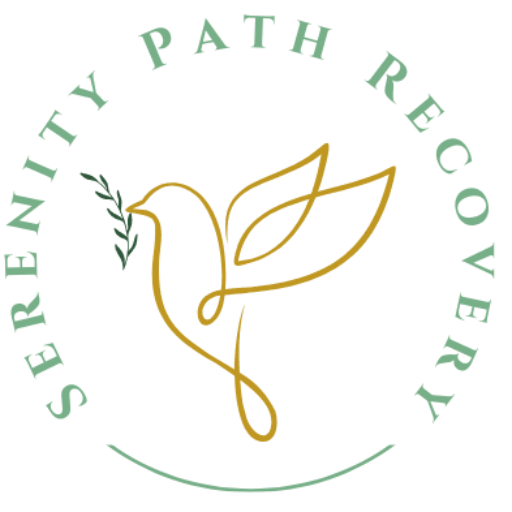Exploring Effective Therapies in Dual Diagnosis Treatment
Treating co-occurring mental health and substance use disorders requires a specialized and comprehensive approach. At Serenity Path Recovery, we understand that recovery from addiction is more complex when it’s accompanied by conditions like depression, anxiety, PTSD, or bipolar disorder. That’s why we emphasize the use of effective therapies in dual diagnosis treatment—proven methods that address both mental and substance use disorders simultaneously.
What Is Dual Diagnosis?
Dual diagnosis refers to the presence of a mental health disorder alongside a substance use disorder. For example, someone may struggle with alcoholism and depression, or opioid addiction and anxiety. These conditions often influence and worsen one another, making integrated treatment essential for long-term recovery.
Why Integrated Care Matters
When only one condition is treated—whether mental health or addiction—the risk of relapse increases. Dual diagnosis treatment addresses both issues at the same time, offering a better chance of lasting healing, improved emotional stability, and overall wellness.
Effective Therapies in Dual Diagnosis Treatment
At Serenity Path Recovery, we use a range of evidence-based therapies tailored to meet the unique needs of dual diagnosis clients.
Cognitive Behavioral Therapy (CBT)

CBT is one of the most effective treatments for dual diagnosis. It helps individuals identify and change harmful thought patterns that contribute to both mental illness and addiction. Clients learn coping skills, emotional regulation, and ways to manage triggers in healthy, constructive ways.
Dialectical Behavior Therapy (DBT)

DBT is especially useful for clients with mood disorders or trauma histories. It combines mindfulness, distress tolerance, emotional regulation, and interpersonal effectiveness to build resilience and reduce self-destructive behaviors.
Trauma-Informed Therapy

Because many individuals with co-occurring disorders have experienced trauma, trauma-informed care is vital. This approach ensures treatment is delivered with safety, understanding, and empowerment, helping clients address root causes without re-traumatization.
Medication-Assisted Treatment (MAT)

In some cases, psychiatric medications or medications to reduce cravings (such as Suboxone or Vivitrol) may be part of a dual diagnosis plan. MAT is always integrated with therapy to treat both conditions holistically.
Support Beyond Therapy
Therapy is only one piece of the puzzle. Serenity Path Recovery also offers:
-
Peer support groups focused on dual diagnosis recovery
-
Holistic practices such as yoga, meditation, and nutrition
-
Relapse prevention planning and life skills development
-
Family therapy to rebuild healthy communication and trust
Together, these elements help clients not just survive—but thrive.
Begin Your Healing Journey with Serenity Path Recovery
Understanding and addressing both mental health and substance use is key to lasting recovery. With a focus on effective therapies in dual diagnosis treatment, Serenity Path Recovery offers compassionate, evidence-based care that supports the whole person. If you or a loved one are facing the challenges of a dual diagnosis, we’re here to help you find a clear path forward.

